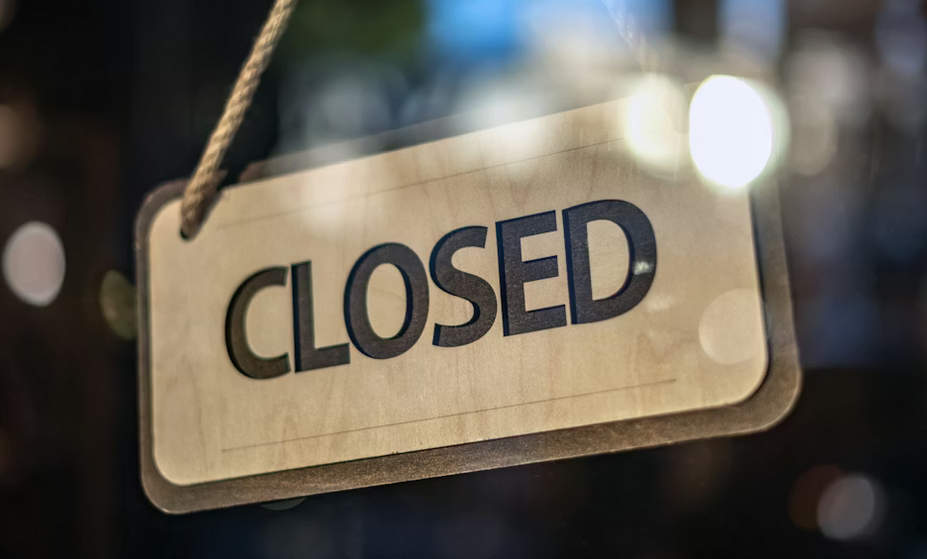The Republic of New Connecticut
Amid the American Revolution, representatives from the New Hampshire Grants, as the disputed territory was called, declared independence on January 15, 1777. Initially, they christened their fledgling republic, "New Connecticut." This name reflected their historical ties to the Connecticut River Valley and the grants issued by New Hampshire's colonial governor, Benning Wentworth.
Embracing a New Identity: Vermont
Six months later, on June 2, 1777, a second convention of delegates convened and adopted the name "Vermont." This name, derived from the French "Verts Monts," meaning "Green Mountains," was suggested by Thomas Young, a mentor to Ethan Allen and a champion of Vermont's independence.
A Fiercely Independent Republic
For 14 years, the Vermont Republic existed as a sovereign nation, complete with its own constitution, currency, and postal service. It even engaged in diplomatic relations with other countries, including France and the Netherlands.
However, its path to statehood was fraught with challenges. New York continued to claim the territory, and the Continental Congress was reluctant to recognize Vermont's independence, fearing it might encourage other separatist movements within the fledgling United States.
Negotiations and Compromise
Throughout the 1780s, Vermont negotiated with the Continental Congress and New York, seeking recognition and resolution to the land disputes. Finally, in 1790, New York relinquished its claims to the territory in exchange for $30,000.
The 14th State
On January 17, 1791, Vermont delegates gathered in Bennington and ratified the U.S. Constitution. Just a few months later, on March 4, 1791, Vermont was officially admitted to the Union as the 14th state, marking the end of its journey as an independent republic and the beginning of a new chapter in its history.
A Legacy of Independence
Vermont's time as an independent republic left an indelible mark on its character and culture. The state's motto, "Freedom and Unity," reflects the spirit of self-reliance and community that defined those early years. Today, Vermont continues to be where individuality and a strong sense of place are celebrated, reminding us of the courageous pioneers who fought for their independence and shaped the state's unique identity.



